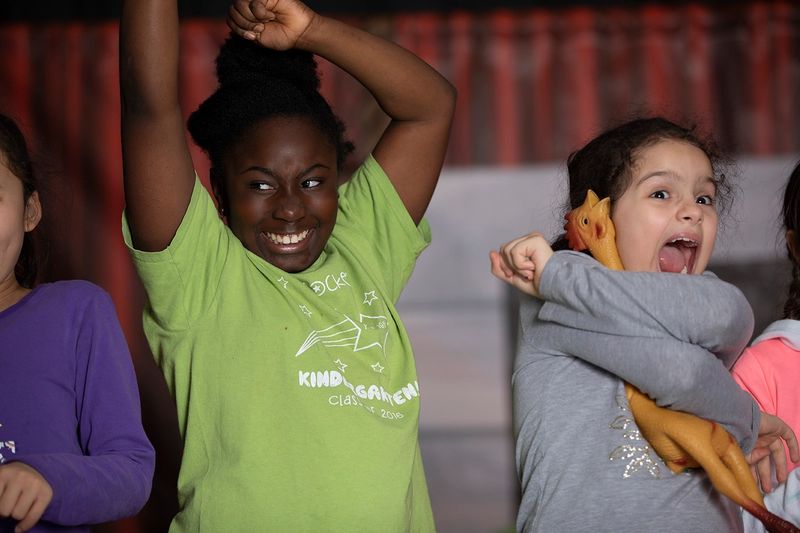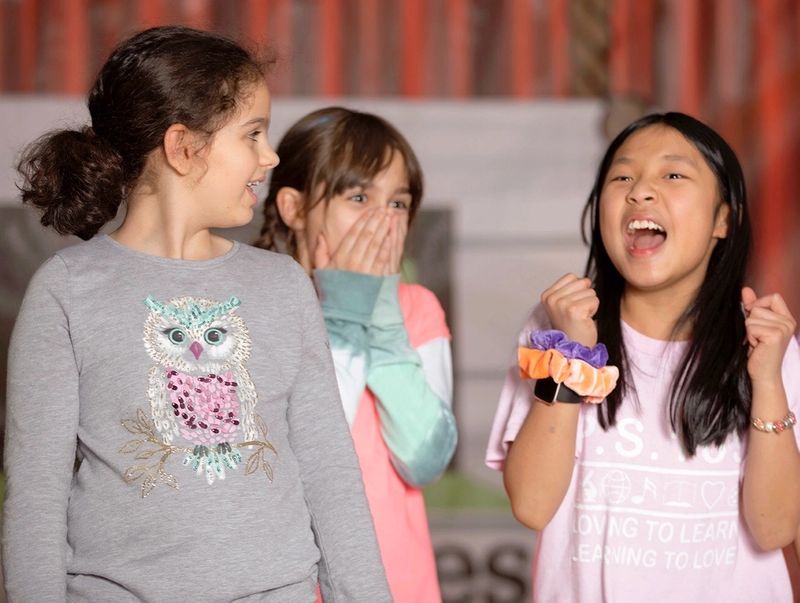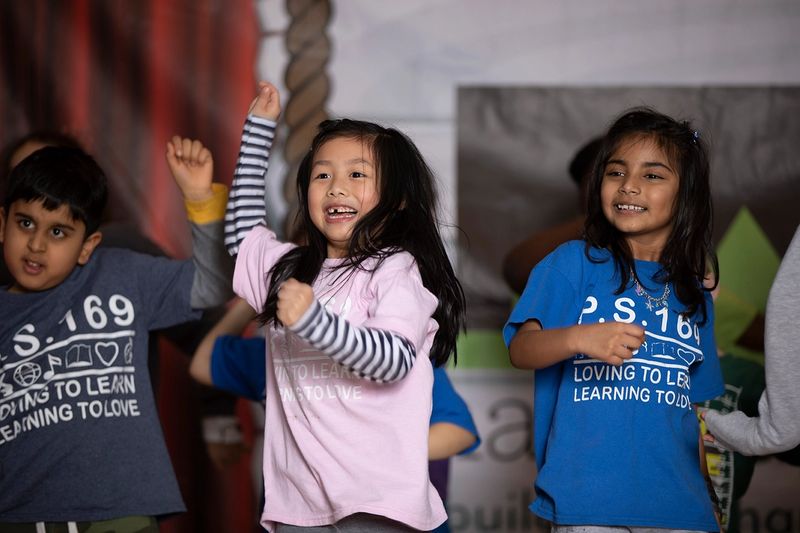3 Amazing Tips to Make your Classroom More Inclusive
posted on Sep 08 2025
Schools are the embodiment of knowledge, exploration, and socio-emotional development. They are where children come together to build friendships, develop their passions, and have enriching experiences that they will hold onto for the rest of their lives.

Teachers, school administrators, and families are responsible for honoring the socio-cultural reality of students by creating culturally responsive curriculums. These curriculums should build on intergroup cultural awareness by providing education that decentralizes White, Eurocentric, and propaganda material.
Schools and teachers that are culturally responsive consider it their responsibility to begin the work of building bridges and deconstructing barriers in order to assist students in negotiating the three worlds of school, home, and peers.The following are a few easy tips to make your classroom a more inclusive environment:
3 Tips for a More Inclusive Classroom
Address and Celebrate our Differences!
Mirrors and Windows is a handy tool that can be used either as a designated activity in a sharing circle or a quick check-in when students share an experience!

When a student shares a personal story, the rest of the class is invited to offer their Mirror or Window. The mirror is a way in which the person's story reflects your own life and the window is a way their story opens a new perspective. This activity encourages self-reflection, connection, and empathy, therefore creating a stronger sense of community!
Profound Engagement!
Take the time to learn about your student's interest and subculture. Not every child feels comfortable representing or sharing their ethic and/or racial background. They are far more likely to be keen in sharing their subculture interests like; K-Pop, Basketball, Sneakerhead, Swifties or BeyHive.

Consider sharing interest forms that include various shows, books, music, and superhero examples for your students to complete early in the school year. You can even take the time to ask some fun trivia that spans various subcultures and watch your classroom light up with energy and excitement to "school" you on their interests!
Layers of Learning!
Tier learning activities are a great way to adapt to neurodivergent learners! Your classroom is full of students who all learn and process information differently. Some may be auditory, visual, kinesthetic, etc. learners. Try providing activities and share instructions on multiple tiers. For example, verbally explaining an activity while a visual representation is on a screen and encouraging students to get up and move around during the activity ticks multiple tiers (auditory, visual and kinesthetic).
Diversifying your instruction style allows students to process your lessons more accessibly which can lessen any classroom meltdowns and frustrations. We are all working towards a common goal and objective, but let’s normalize a range of processes on how to get there!
Mainstages commits to the following for our community:
- Employ staff, create programming and performances, and cultivate communities that reflect the demographics of NYC, fostering an environment that welcomes all individuals.
- Share our Inclusive Language Guide; which includes tips, definitions, and explanations regarding race, gender, disability, family and socio-economic status to be used by the mainstages community.
- Institute mandatory anti-racism, conflict resolution, and accountability training for staff, teaching artists, and performers. We are both developing our own customized training and participating in external training programs that take into account our need to assume responsibility for any caused harm and give us the skills we need to become anti-biased practitioners.
- Create a Solidarity agreement that is signed by our partners and organizations which uphold mainstages’ standards of diversity, equity, and inclusion.
- Expand our outreach and build relationships with new community-partner organizations to share a diverse community of teaching artists and performers.
I hope you found these three activities will be a helpful tool on the journey to make classrooms more inclusive! If you want to get in touch with me regarding Diversity, Equity, and Inclusion at mainstages, you can send me a message at jo’lisa@mainstages.com.

posted on Sep 08 2025
Jo'Lisa brings her experience as an NYC actor and theatre activist to her work as Artistic Director. She is recognized for her creativty, dedication to diversity, equity and inclusivity, and fostering relationships with innovative artists. Jo'Lisa has performed with many NYC theaters and partnered with organizations that specialize in elevating the voices of marginalized communities. She has used applied theatre to work closely with people of all races, genders, and neuro-diversities. Jo'Lisa co-founded and now is President of the Board of EMIT Theatre Company. She is passionate about continuing to build a safe, inclusive, innovative and educational mainstages community.
